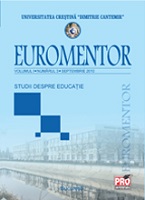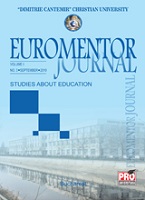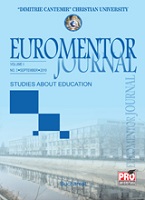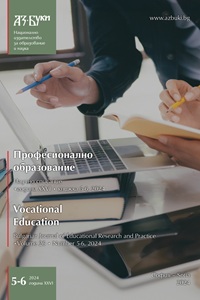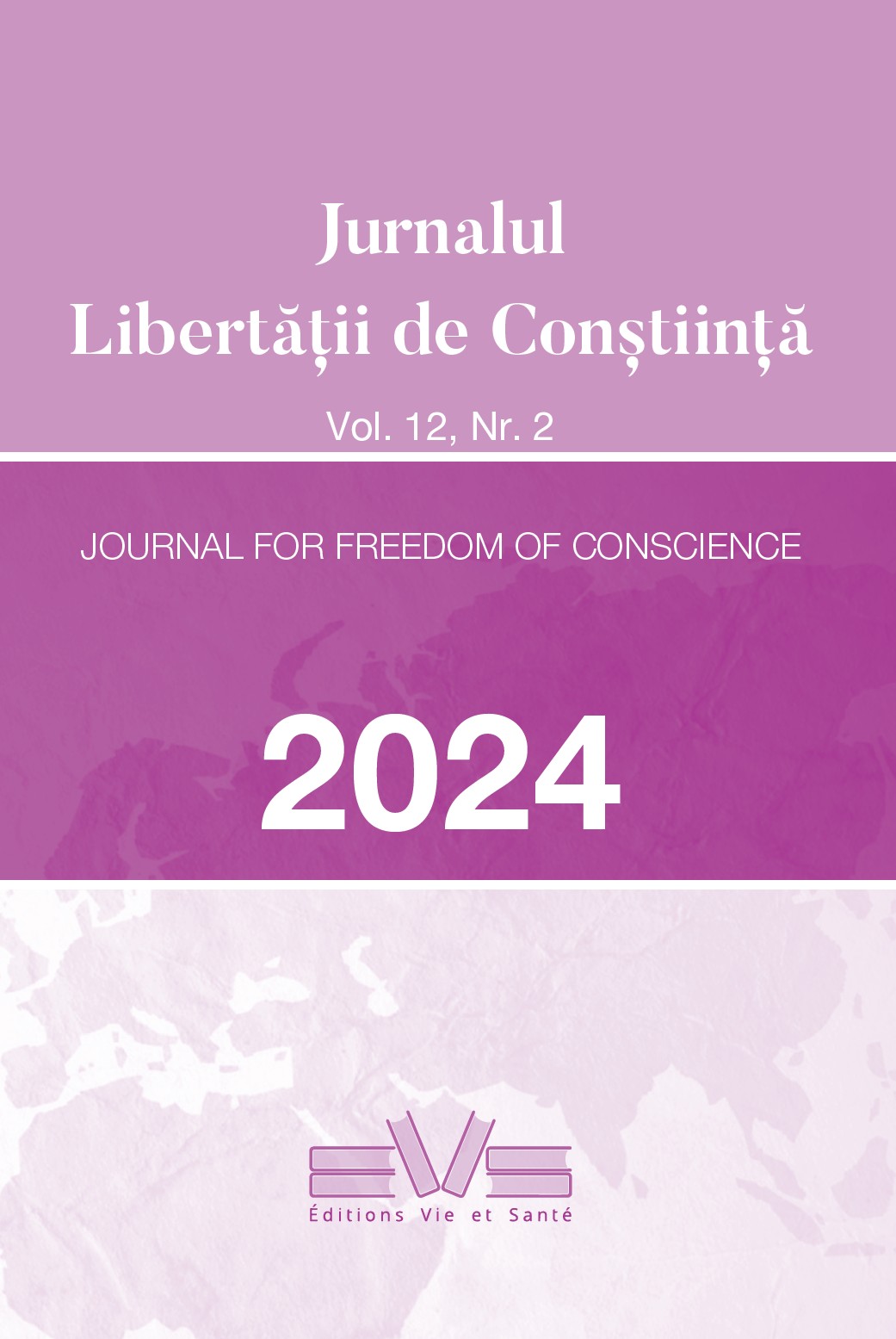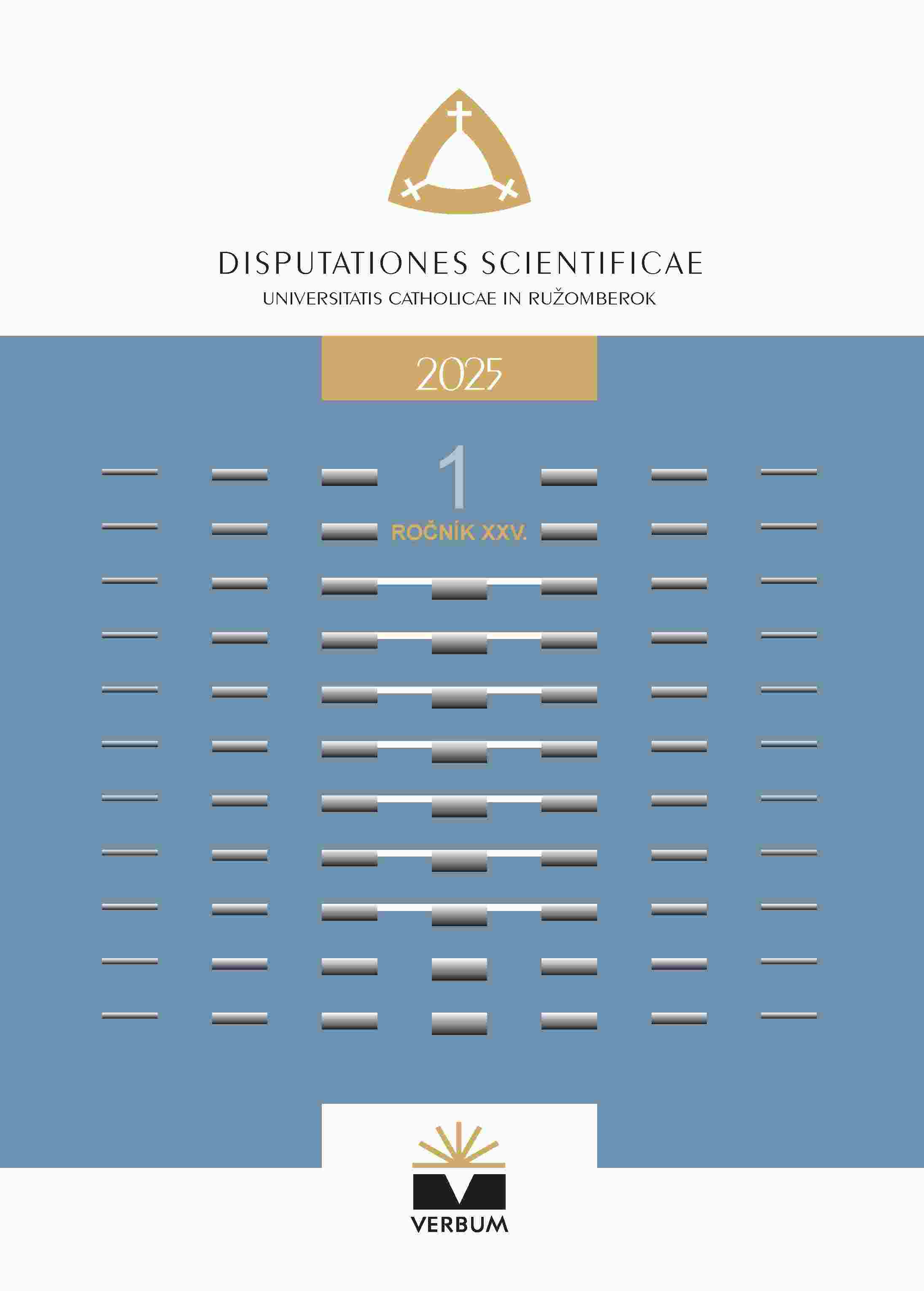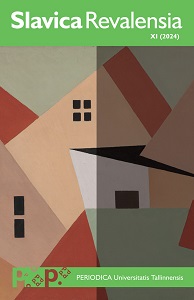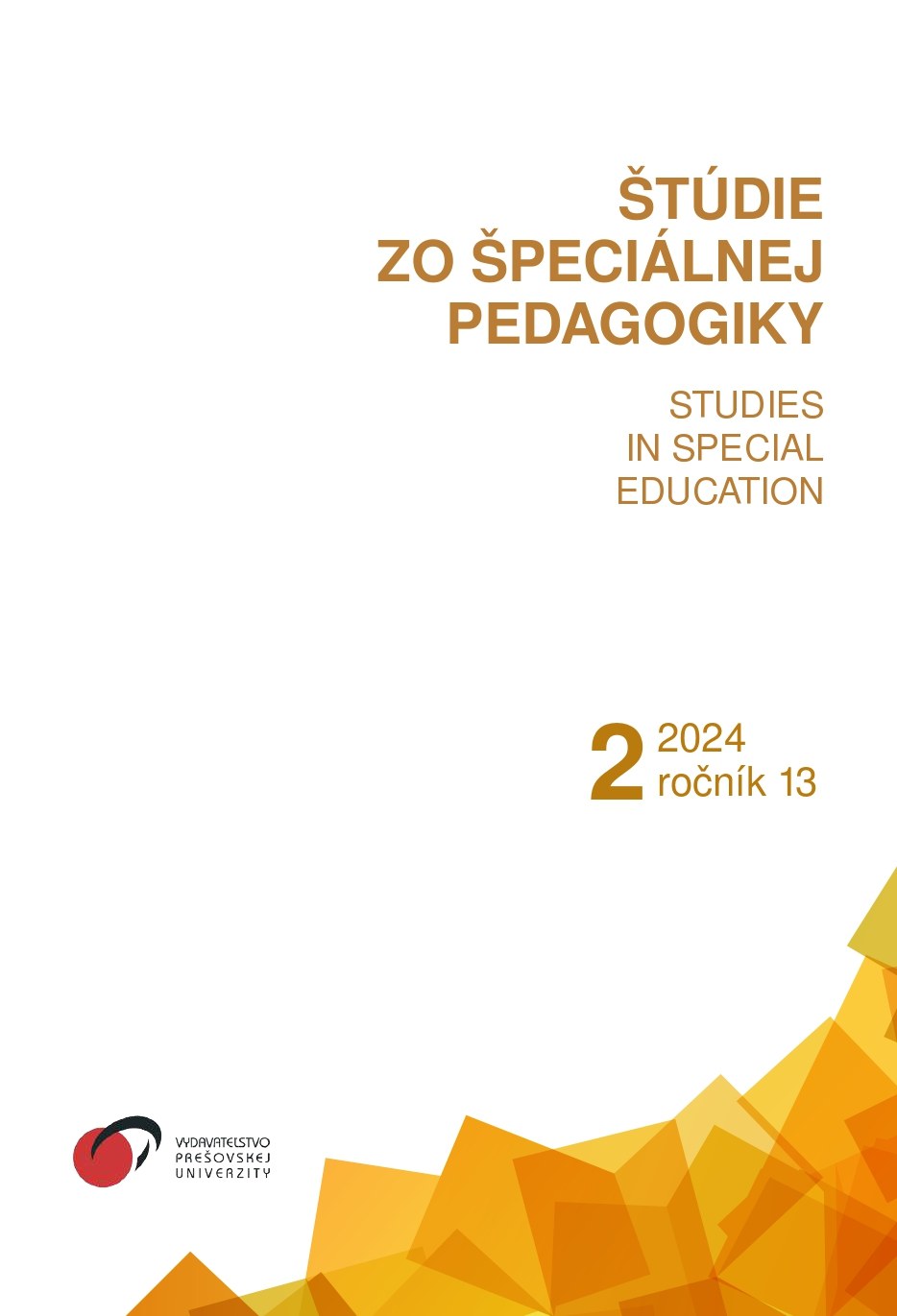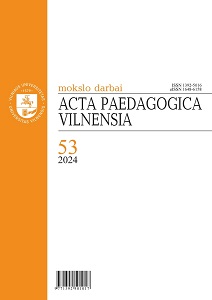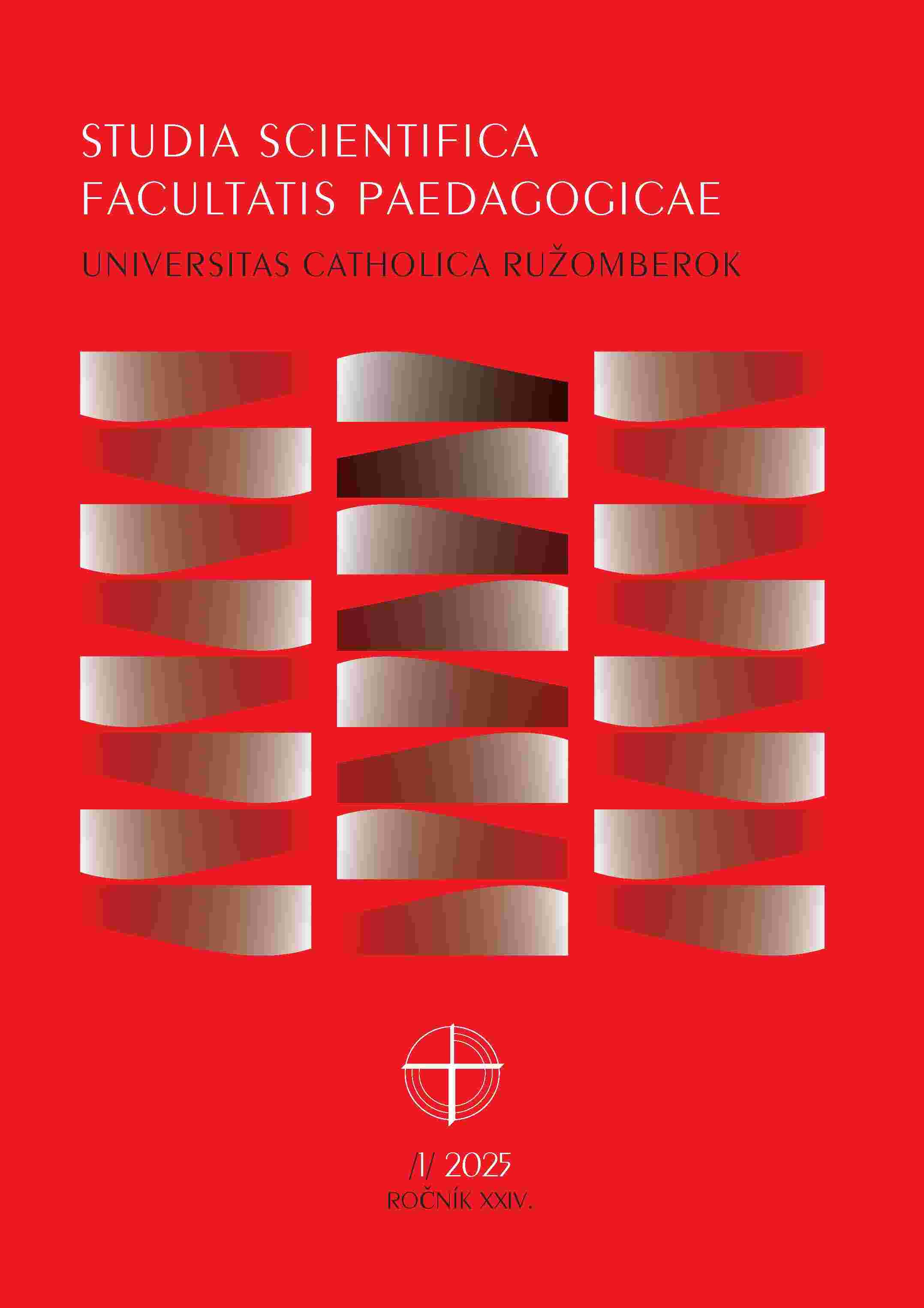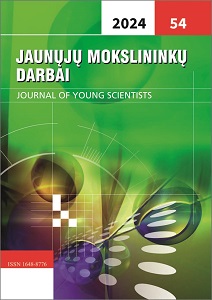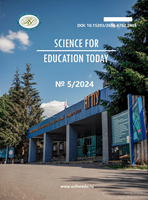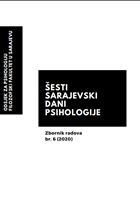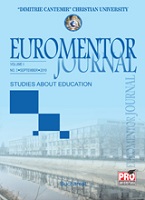
GREEK STUDENTS’ CONCEPTUALIZATION OF SEXUAL DIVERSITY AND SEXUAL MINORITIES. IMPLICATIONS FOR EDUCATIONAL POLICIES AND PRACTICES
Although sexual and gender diversity is part of human experience, a number of people do not identify themselves within heterosexual or cisgender terms. Often these individuals have been victims of harassment and/or abuse. Cases of homophobic and transphobic bullying in schools are being reported in alarming frequency. In this work, I discuss Greek students’ (11-15-year-old) conceptualizations and understandings on sexual and gender diversity and sexual minorities. Data come from students’ anonymous questions gathered as part of short sexuality education courses. According to the analysis of data, students in Greece conceptualize sexual diversity in terms of: health and reproduction, morality, pleasure and normativity. Sexual difference and diversity are often seen as a matter of choice or abnormal. In the light of the findings, implications for educational policies that encourage inclusive practices, proper and systematic sexuality education courses and teachers’ training are discussed.
More...
